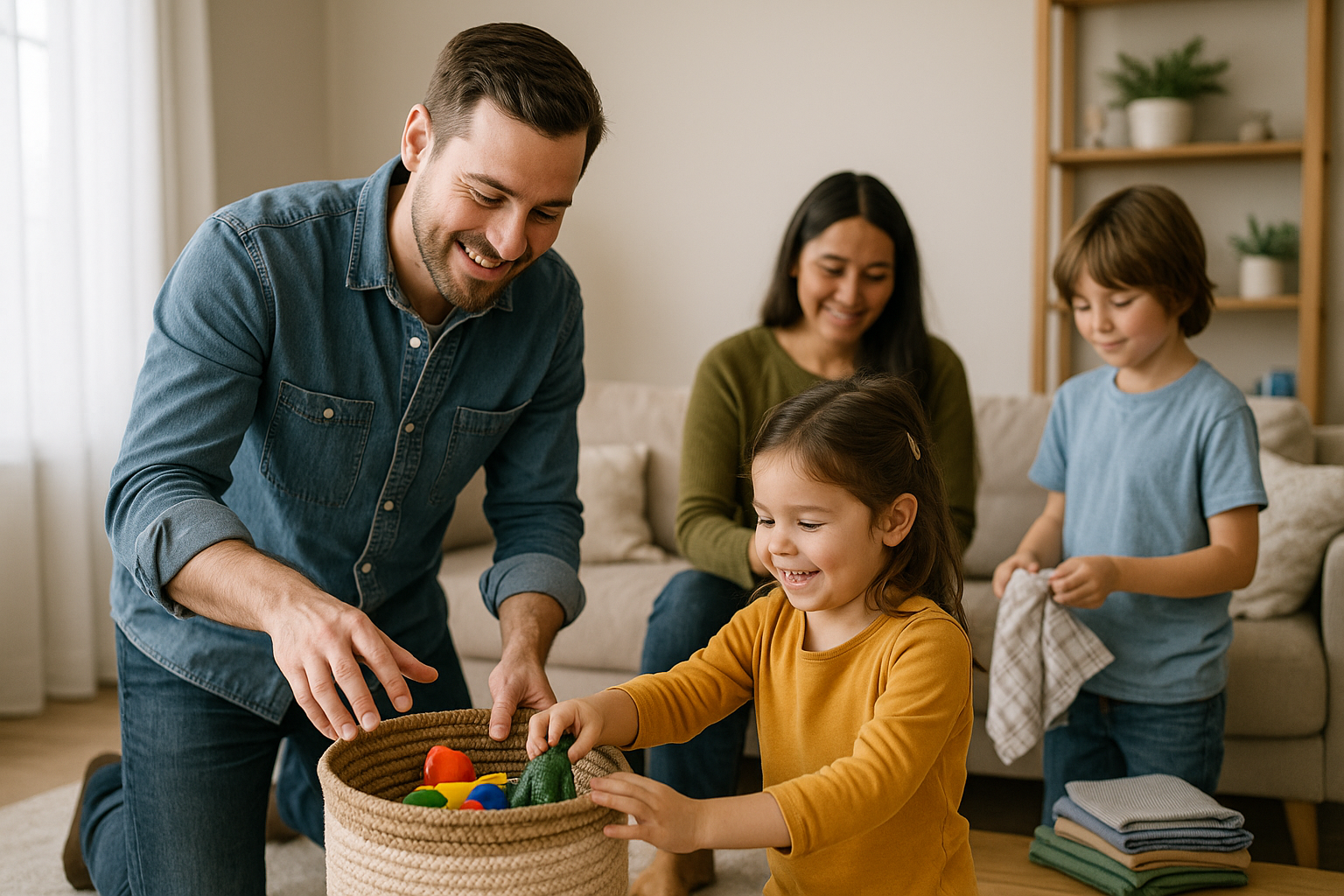Children grow through recognition. When their efforts and milestones — big or small — are acknowledged, they build confidence, resilience, and motivation to keep trying. But valuing achievements doesn’t mean overpraising or creating pressure. It’s about seeing them, encouraging their efforts, and teaching them to appreciate their own progress.
In this article, we’ll explore how to recognize and celebrate your child’s accomplishments in a balanced, meaningful way that fosters self-worth and lifelong confidence.
Why Valuing Achievements Matters
Children crave validation from the people who matter most to them — their caregivers. When you consistently acknowledge their achievements, you:
- Boost their self-esteem: They feel capable and proud of their abilities.
- Encourage perseverance: They learn that effort is valued, even when the outcome isn’t perfect.
- Strengthen emotional connection: Recognition deepens trust between parent and child.
- Teach self-reflection: They begin to assess their own growth beyond external praise.
Redefining “Achievements”
Many parents think achievements are limited to big milestones: good grades, winning games, or mastering a new skill. But small daily wins deserve just as much recognition.
Examples of achievements worth valuing:
- Learning to tie shoes
- Helping without being asked
- Facing a fear (like trying a new food)
- Staying calm in a frustrating situation
- Showing kindness to a sibling or friend
When you celebrate these small steps, you teach your child that growth is continuous.
How to Recognize Achievements Meaningfully
1. Focus on Effort, Not Just Results
Overpraising outcomes (“You’re the best!”) can make children dependent on approval or fearful of failure. Instead, emphasize the process.
Say:
- “You worked really hard on that drawing — I can see the details you added.”
- “You kept practicing your reading even when it was tough — that shows determination.”
- “I’m proud of how much effort you put into cleaning your room.”
Effort-based recognition encourages persistence.
2. Be Specific With Your Praise
Generic praise like “Good job!” quickly loses impact. Be specific so your child understands what you value.
Instead of:
“Great work on your homework!”
Say:
“I love how you checked your answers carefully — that shows responsibility.”
Specific praise reinforces desired behaviors and makes feedback more meaningful.
3. Celebrate Small Wins Daily
Recognition doesn’t have to be elaborate. It can be woven into everyday life:
- A high-five for sharing toys.
- A note in their lunchbox: “I’m proud of how brave you were at the dentist yesterday.”
- A hug and verbal acknowledgment: “I noticed you helped your sister today — that was so kind.”
Tip: End the day by reflecting on “one thing you’re proud of today” together.
4. Use Encouragement Over Overpraise
Encouragement highlights growth and resilience, while overpraise can lead to pressure or a fixed mindset.
Encouragement:
“You kept trying even when it was hard — that’s impressive!”
Overpraise:
“You’re the smartest kid ever!”
Encouragement nurtures intrinsic motivation, making kids want to achieve for themselves — not just for praise.
5. Create Rituals for Recognition
Make celebrating achievements part of your family culture.
Ideas:
- Family spotlight night: Once a week, let each child share something they’re proud of.
- Gratitude/achievement jar: Write achievements on slips of paper and read them monthly.
- Celebration board: Display artwork, projects, or photos of moments they felt proud.
Rituals make recognition visible and lasting.
Teaching Kids to Value Their Own Achievements
External praise is important, but children also need to learn self-reflection.
1. Ask Reflective Questions
Instead of only telling them what you’re proud of, ask:
- “What part of this makes you proud?”
- “What did you learn by doing this?”
- “How did it feel to finish that project?”
This encourages them to process their feelings and value their growth internally.
2. Model Self-Recognition
Let your child see you acknowledging your own efforts:
- “I’m proud I finished my work today, even though it was challenging.”
- “I was nervous about that meeting, but I did my best.”
Children learn by observing your self-talk.
3. Encourage Journaling or Storytelling
Older kids can write or draw about their achievements. Younger kids can share stories verbally. This helps them remember their progress and see growth over time.
Avoiding Common Pitfalls
1. Don’t Compare Achievements
Avoid statements like:
- “Your brother finished faster than you.”
- “Other kids your age can already do this.”
Comparisons damage self-worth and sibling relationships. Focus on individual growth.
2. Avoid Material Rewards for Everything
Occasional rewards are fine, but overusing them makes achievements transactional. Instead, emphasize verbal recognition, quality time, or special experiences.
3. Don’t Overload with Praise
Constantly praising every action can reduce its meaning. Aim for genuine, balanced recognition.
Valuing Character as Much as Skills
Achievements aren’t just about performance — they’re about character.
Examples to value:
- Honesty: “I appreciate you telling me the truth, even though it was hard.”
- Empathy: “That was kind of you to include your friend in the game.”
- Resilience: “You didn’t give up, and that’s what matters most.”
This shapes not just what your child does — but who they become.
Building a Growth-Oriented Home
When your home values progress over perfection, children learn:
- It’s okay to fail — mistakes mean learning.
- They’re loved for who they are, not just what they achieve.
- Success is measured by effort, courage, and kindness.
This growth-oriented environment fuels confidence and long-term well-being.
Final Thought: Recognition Is Love in Action
Valuing your child’s achievements isn’t about inflating their ego — it’s about helping them see their worth, celebrate their efforts, and find joy in their own growth. It’s about teaching them that achievements, big or small, are stepping stones on a lifelong journey of learning and self-discovery.
When children feel seen, appreciated, and encouraged, they don’t just accomplish more — they grow into resilient, motivated, and compassionate adults.
